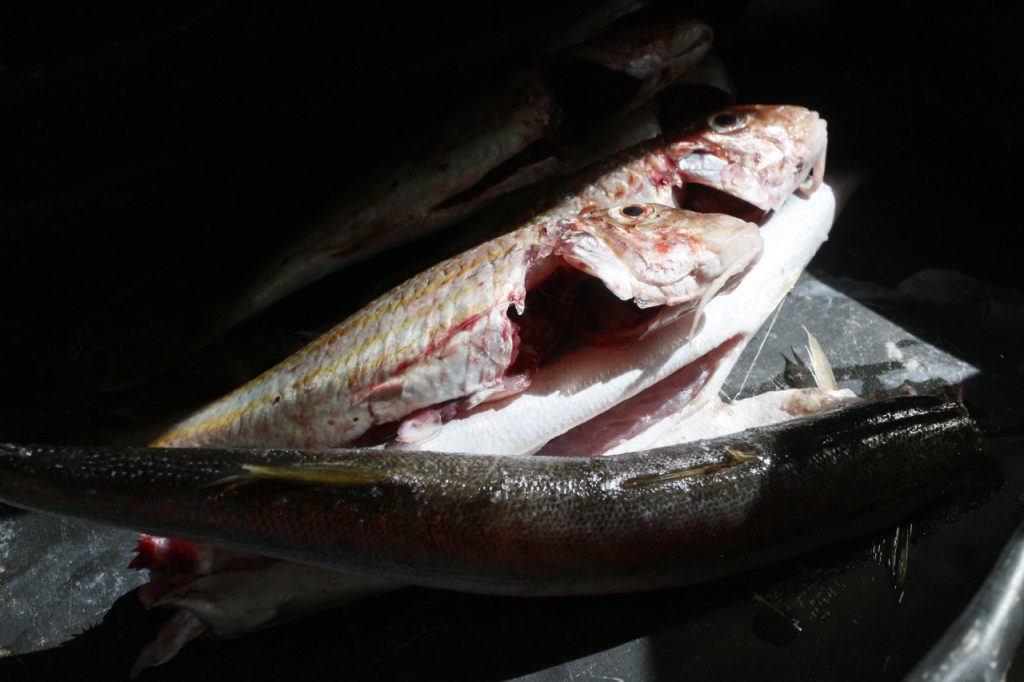4. Mediterranean societies and marine resources: Strategies, choices and adaptations
This part of the program is crucial in understanding the importance of marine resources within Mediterranean societies of the past and assessing possible impact of harvesting activities on marine resources. We will produce archaeofaunal data that will offer concrete answers about exploitation strategies (seasonality of fishing/collecting, intensity/regularity of activities, fishing methods and communal organisation) and their role in past Mediterranean diets (pre-Neolithic, sedentary post-Neolithic communities, more complex Mediterranean societies). We will define markers of human pressure on faunal remains (e.g., size reduction of individuals and stocks) and identify them on the archaeological material. It is also important to compare the marine.faunal record with other faunal archives in order to elucidate the question of the role of marine resources in past Mediterranean diets. Another task will try to put together marine and human isotope values to provide a model for the Mediterranean marine input through a long time span.
These aims will be developed at two levels of geographical resolution: a high-resolution study on a regional scale, and a selective sampling on a Mediterranean scale.

Material/data: Archaeological specimens, modern specimens, ancient isotopic data (humans/marine).
Techniques: zooarchaeological reconstructions, sclerochronology/skeletochronology, isotope analysis (marine, human), statistics.
Participants: Sotiria Gavrou, Gwenaelle Goude, Lionel Gourichon, Tatiana Theodoropoulou, tbc

